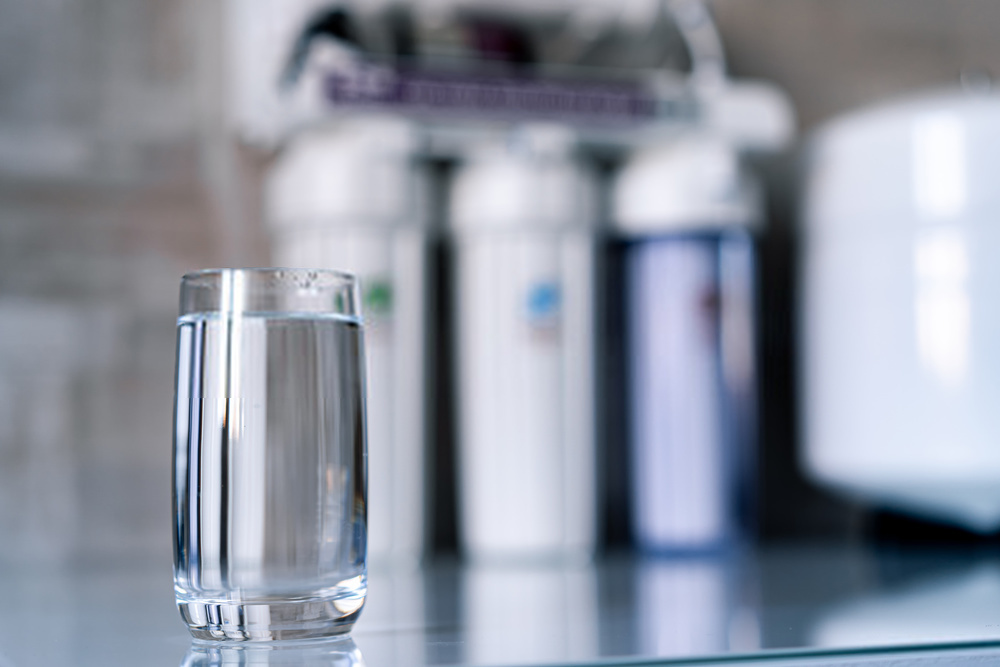Introduction
The importance of clean water in our life needs no explanation. Everyone knows why we need clean water. Contaminated water contains life-threatening bacteria and viruses. If we consume contamnated water that will lead us to severe diseases. That’s why scientists have always tried to use different technology to clean the dirty water.
The purpose is to deliver the best quality water to human body. So that we remain safe from gruesome diseases. One of the ways that scientists have discovered to clean dirty and unhygienic water is filtration technology. Water filters can purify water to a great extent. That ensures safe water and safe life for us. However, most people don’t know how water filter works. In today’s article, I am going to share how water filters work to clean the unhygienic water.
What is Water Filtering?
Water filtration is a water cleaning process that includes eliminate harmful particulate matter from water. These matter includes parasites, bacteria, viruses, fungi, suspended particles, algae, or any undesirable contaminants. A water filter removes these things from water to make it drinkable, and usable to medical and pharmaceutical purposes. The whole world has a dire need of clean water. To do this we have to apply water filtration using high-quality water filters in our home, offices, and industries. Well, further we will see how water filters work to remove the particles. What kind of technology is used on water filters will also be covered.
Cleaning Process
Water purification happens through different technologies. To remove harmful elements from water it uses physical filtration. Another technology is chemical filtration. Moreover, the different types of water filters use different types of cleaning systems. According to water filter type the cleaning process varies. Let’s see how water filters clean dirty and unhygienic water.
Activated carbon
The water filter we see at home, usually use activated carbon granules. It is also known as AC or active carbon. The filtration system is based on charcoal. It makes the chemicals come toward it and get caught into it. The adsorption process traps the chemical impurities. Charcoal works amazing against chemical impurities. In fact, charcoal is considered to be one of the best in the business. But when it comes to removing hard particles like metals, fluoride, hardness, microbes, etc. A common disadvantage of active carbon filter is that they clog impurities after a long time.
Reverse osmosis
Reverse osmosis implies compelling defiled water through a film at pressure, so the water goes through yet the impurities stay behind. Assume you take some debased water and power it through a film to make unadulterated water. Successfully, you're making water go the other way to which assimilation would regularly make it travel. It eliminates impurities from unfiltered water, or feed water, when pressing factor compels it through a semipermeable layer. Water streams from the more thought side (more impurities) of the RO film to the less focused side (less pollutants) to give clean drinking water. The new water delivered is known as the saturate. The concentrated water left over is known as the waste or saline solution.
Ion exchange
One of the best filtration system that is really good at making water softer. It removes the limescale from water. The manufacturer aims to split the atoms apart. The atoms is a part of the contaminating matter of the water. It harms the the body. The split atoms get caught in the trap of the filter. After that they release less harming ions. It comes from their own. In short, the filter turns bad ions into good ions. That is why the filter is called ion exchange filter. The scientists make type of filters from huge number of zeolite beads. They contain sodium ions. On the other hand, water contains calcium and magnesium compounds. Ion exchange filter makes them separate. Then it replaces its own magnesium and calcium ions.
Distillation
It is almost similar to the process of purifying water by heating it. The heat kills many of the bacteria. But this kind of heating is not able to eliminate limescale, chemicals, and other severe contaminants. Thats why you need distillation. It takes you one step further. Where only heating is fail to remove major contaminants distiliation system can do the same. At first, boil the water to make steam. Then take the steam and make it cool again and take it back to a separate container. However, some of the contaminants stil remains active even in the steam. That’s why this system is not applausable always.
Mechanical Filtration System
The two way filtration system that uses depth and surface filtration to remove particles from water is called mechanical filter. The essential thought of mechanical filtration is to truly eliminate dregs, soil or any particles in the water utilizing an obstruction. Mechanical filters can be anything from a fundamental cross section that filters out enormous flotsam and jetsam to an earthenware channel which has an incredibly mind boggling pore structure for super fine filtration of pathogenic life forms. A filter that uses mechanical filtration will generally be given a micron rating which demonstrates how successful the filters are as far as the size of the particles it is equipped for eliminating.
Sequestration
When a filter chemically isolates the substances of the water then it is called sequestration filtering system. Food grade polyphosphate is usually utilized in scale restraining channels to sequester the calcium and magnesium minerals which cause limescale and erosion. Be that as it may, polyphosphate is for the most part just presented in extremely modest quantities and it just represses scale as opposed to destroying it. This implies that polyphosphate doesn't mollify the water however rather attempts to keep the minerals inside the arrangement, forestalling them shaping as scale on any surfaces they come into contact with. Because of the hard minerals actually being available in the water, scale hindrance isn't reasonable for all applications.
Conclusion
The above discussio has made it clear how a water filter cleanse the water from dirt and harmful substances. Different kinds of water filter uses different technologies and system to purify water. Some of them are more effective than the other. But the main purpose is the same. All the water filters are made to purify water and provide clean water.
For Home Improvement Submit A Guest Post Category you can send article at deskgrass@gmail.com









